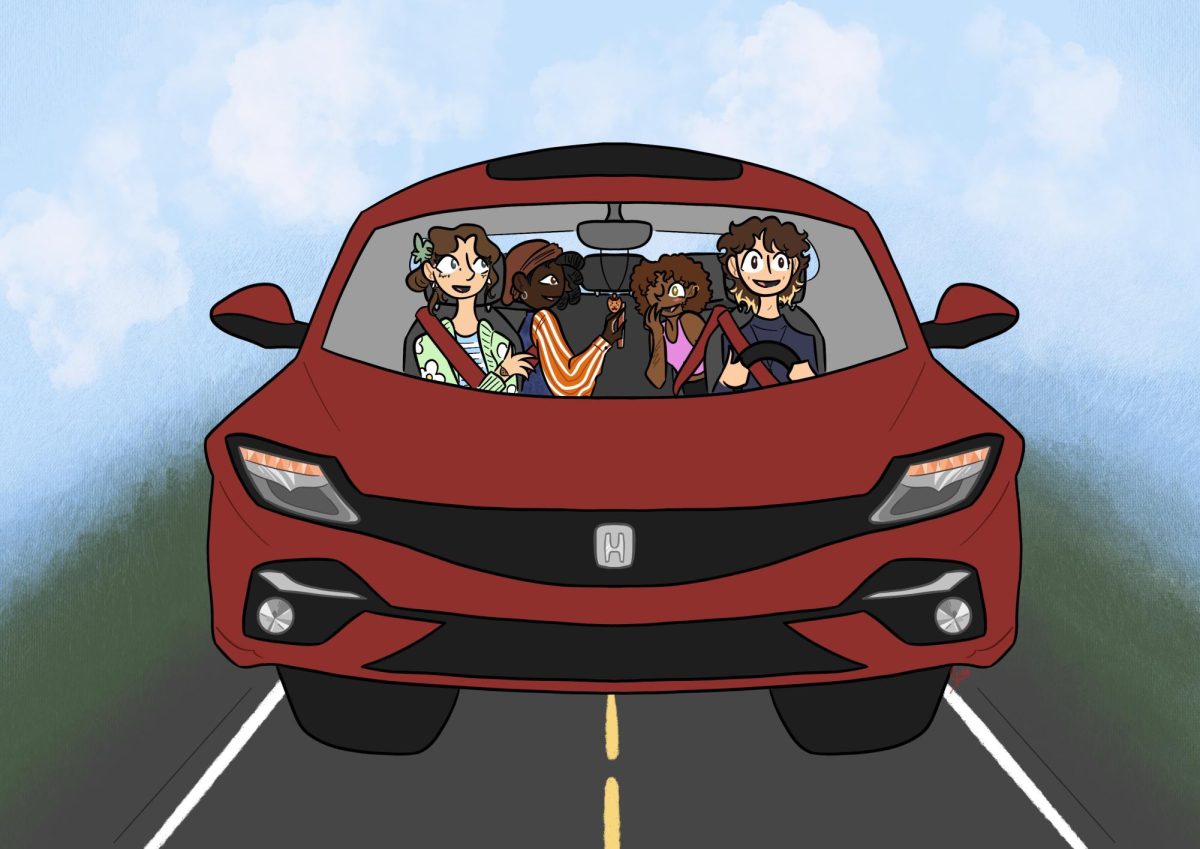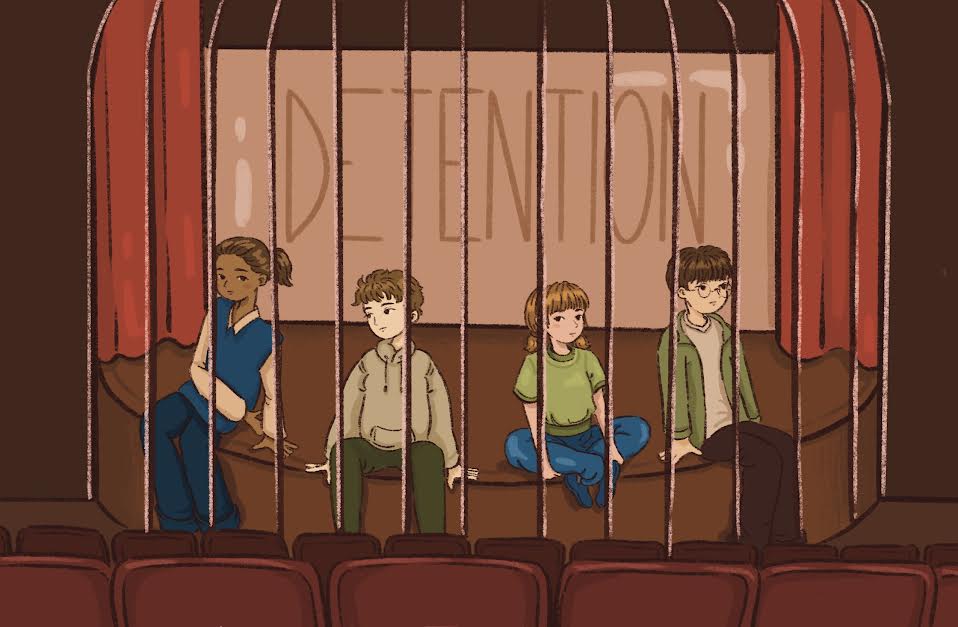Rejection letters understandably make students lament some of their decisions in school.
But affirmative action sparks feelings of regret for a factor students cannot control: ethnicity.
Despite its claims to bring diversity to society, affirmative action instead takes away the value of merit and strengthens racial tensions in society.
People of all shapes, sizes, and colors now blend almost seamlessly in the community. By giving minorities more consideration in the workplace and at universities, racism is not erased but rather thrust upon the majority.
The policy was once beneficial in aiding groups who had missed opportunities because of discrimination, but today affirmative action moves the U.S. backwards.
The racism that existed at the time of the Civil Rights Movement does not continue today, and groups who are given priority are not necessarily disadvantaged anymore.
Specific ratios and percents do not guarantee that everyone is being treated with the same consideration.
But to many colleges, equality translates into racial preferences.
Skin color is irrelevant in determining people’s mental capabilities.
It is inexcusable to deny opportunites to high-achieving students simply because they are in the majority.
All individuals have the capacity to rise above their environment if they really want to. Failure is a choice, not fate.
The policy of affirmative action potentially creates huge gaps between the academic abilities of those accepted based on merit and those accepted based largely on their ethnicity.
Individuals given certain roles in the community simply to fill a quota can also be unprepared for the job’s requirements.
If these jobs are intended to significantly help with society’s security or safety, our nation as a whole is put at risk.
As described by ABC News, firefighters took a promotion exam in 2003 in New Haven, Conn. Only white and Hispanic applicants scored high enough for immediate promotion.
Instead of simply rewarding those who earned higher scores, the fire department threw out the testing results in order to avoid disappointing advocates of affirmative action.
If other firefighters had not realized the imbalance, many under-qualified people would have held critical leadership positions.
In this case, not only would the community’s well being be at stake, but the organization would also have suffered by hiring unqualified people.
By assuming that all people of the minority need a boost in the competition, affirmative action also discredits the success that they have and can make on their own.
If any one group is given automatic priority, there is less overall incentive for achievement.
In the book “Mismatch,” Richard H. Sander and Stuart Taylor, Jr. describe a time in 1998 when the UC system implemented Prop 209 to eliminate racial preference.
The number of white applicants decreased by 13 percent, blacks increased by 1 percent, and Hispanics increased by 7 percent.
The decrease in enrollment of minorities overall was insignificant, and a majority of students went to schools well-suited for their academic abilities.
Perhaps if affirmative action was eliminated altogether, increased competition would encourage greater overall achievement.
In the country’s struggling economy, racial tensions are only going to increase if people are forced to compete for jobs and college admissions based solely on race.
The best approach would be for college admissions officers not to see students’ names or ethnic backgrounds until after selecting who would be accepted.
Affirmative action could be geared more toward scholarship funds for students with qualified grades, but who are suffering financially.
The key is to keep race out of it altogether, and not allow economic status or any one factor besides academic abilities to act as a tiebreaker.
Society does not put enough emphasis on the idea that perseverance is necessary to achieve something in life.
External features do not define what people are capable of.
It is up to individuals to put their minds, bodies, and souls into their work and achieve greatness.



